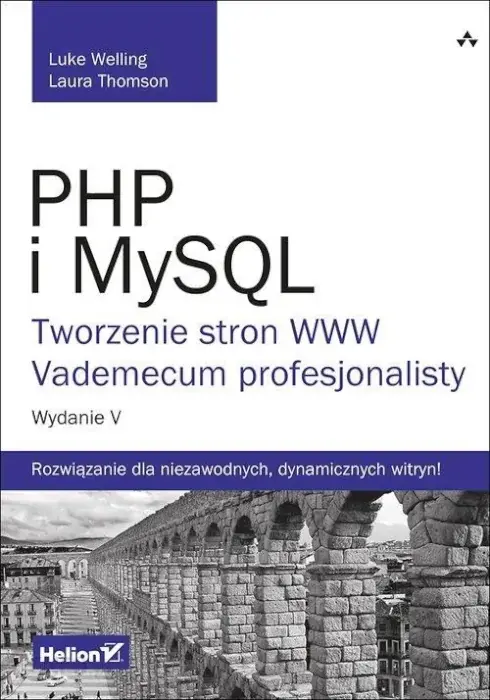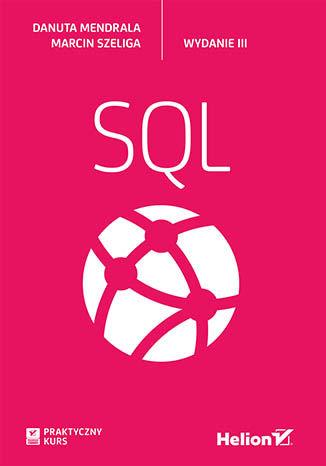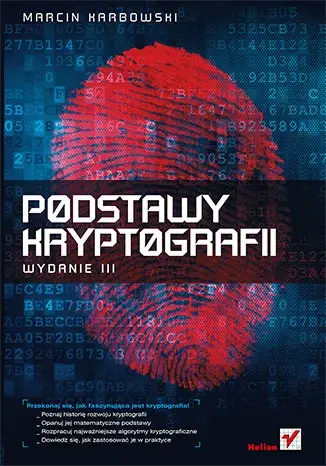In today's world we can learn programming from many sources: youtube tutorials, online courses, stack overflow etc. However, programming books are also a popular source of IT knowledge. Today, I will show you some of the books that I use while programming.

The first title on my list is "PHP and MySQL. Making websites. Edition V" written by Luke Welling and Laura Thompson.I recommend this book especially to beginners because of clear language, understandable even for non-technical people. The authors of this book successfully applied the rule that the more interesting examples you are given, the faster you learn. Already in the first chapter,we start learning theory and practice together by coding a lot of projects, from a car parts store and online shop through bookmarks even to our own mailbox. Luke Welling and Laura Thompson didn't forget about databases, too - they wrote a separate chapter on the basics of MySQL, and then showed how to use MySQL with PHP. And when it comes down to databases...

For a very long time, I had been searching for a good compendium about SQL. Some books were not accurate enough, others disappointed me with the language used by the authors. Finally, I found "Practical SQL Course" by Danuta Mendrala and Marcin Szeliga. It was an exellent choice - there is all you need to learn about SQL. The language is really understandable and clear and also very professional. I advise to read this book both to beginners and to experienced programmers who want to learn something new or check something about SQL.

Now let's move from websites and databases designing to something that most people associate with movies like Mission Impossible, James Bond series or Mr.Robot - cryptography and cyphering. I have learnt a lot about that from "Basics of Cryptography. Edition III", written by Marcin Karbowski. From steganography to RSA encryption, you will find there everything you should know about cryphtography. After reading it attentively, I started creating my own cyphers, which really improved my creativity. Who do I recommend this book for? Mostly for cryptography adepts, but also for people who haven't had a chance to learn about cyphering yet.
And that's how my personal programming booklist looks like. In my opinion, it is worth reading because these books are both professional and practical. If you want to see more of my programming and mathematical books, just write to me. See ya!